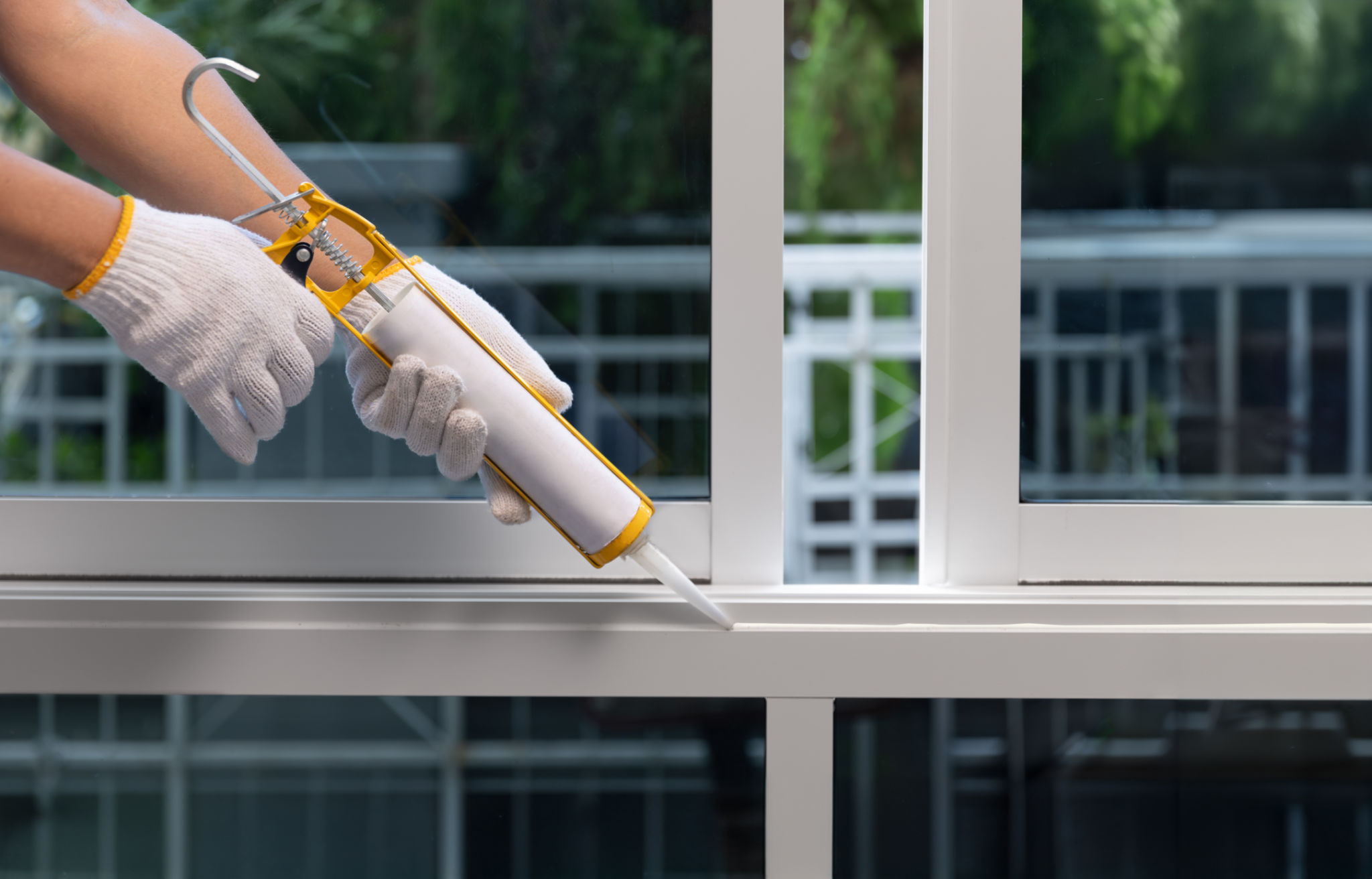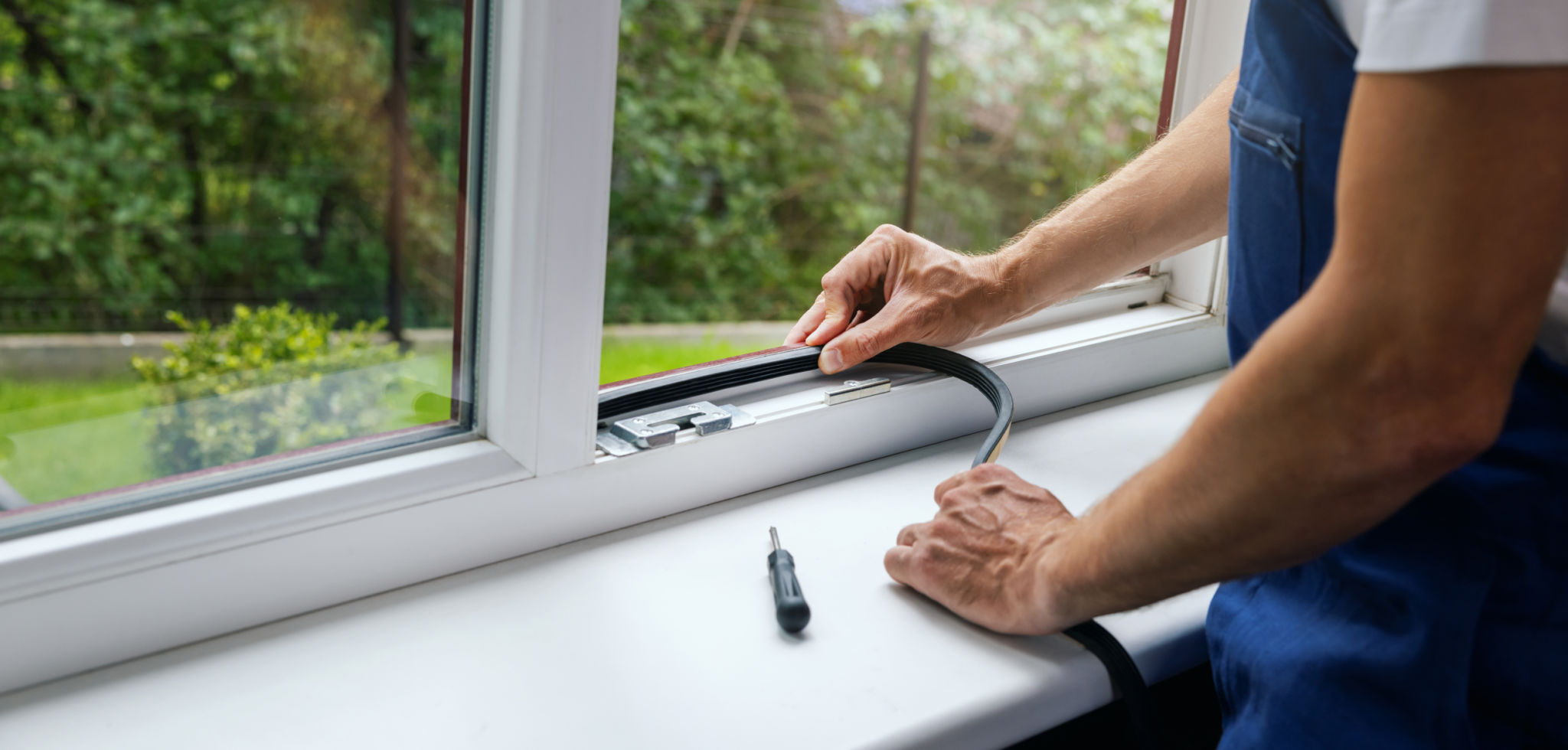DIY Window Repair Tips: What You Can Do Before Calling a Professional
Understanding the Basics of Window Repair
Windows are an essential part of any home, providing natural light, ventilation, and aesthetic appeal. However, over time, they can develop issues such as cracks, drafts, or difficulty opening and closing. Before calling a professional, there are several DIY repair tips you can try to address these common problems.
By tackling minor window repairs on your own, you can save money and extend the life of your windows. Understanding the basics of window repair will help you determine whether a professional is necessary or if it's a manageable fix.

Inspecting the Window
Identifying the Problem
The first step in any repair process is a thorough inspection. Check for visible damage such as cracks in the glass, gaps in the frame, or any signs of moisture or mold. Pay attention to how the window operates; is it sticking or difficult to open?
Checking for Drafts
Drafts can significantly impact your home's energy efficiency. To detect drafts, hold a candle or incense stick near the window edges. If the flame flickers or the smoke wavers, you may have a draft issue. Sealing these gaps can help maintain your home's temperature and reduce energy bills.

DIY Repair Techniques
Fixing Cracks in Glass
Small cracks in window glass can often be repaired with clear nail polish or epoxy. First, clean the area thoroughly. Apply a thin layer of nail polish or epoxy to the crack and allow it to dry completely before applying additional layers as needed. This temporary fix can prevent the crack from spreading until you can replace the glass.
Sealing Gaps
For gaps around window frames, weatherstripping or caulking can be effective solutions. Select a weatherstripping material that suits your window type and apply it along the edges to seal gaps. For caulking, clean the area, apply a bead of caulk, and smooth it out with a tool or your finger for a neat finish.

Maintaining Window Functionality
Lubricating Window Tracks
If your windows are difficult to open or close, the tracks may need lubrication. Clean the tracks thoroughly to remove dirt and debris, then apply a silicone-based lubricant to ensure smooth operation. Avoid using oil-based lubricants as they can attract more dirt.
Tightening Loose Hardware
Over time, window hardware such as hinges or locks can become loose. Inspect these components and use a screwdriver to tighten any screws that may have loosened. This simple step can improve window security and functionality.

Tackling these DIY window repairs can be empowering and cost-effective. However, if you encounter more complex issues such as significant structural damage or persistent leaks, it's best to consult a professional. By addressing minor problems early on, you can prolong the lifespan of your windows and maintain your home's comfort and efficiency.
